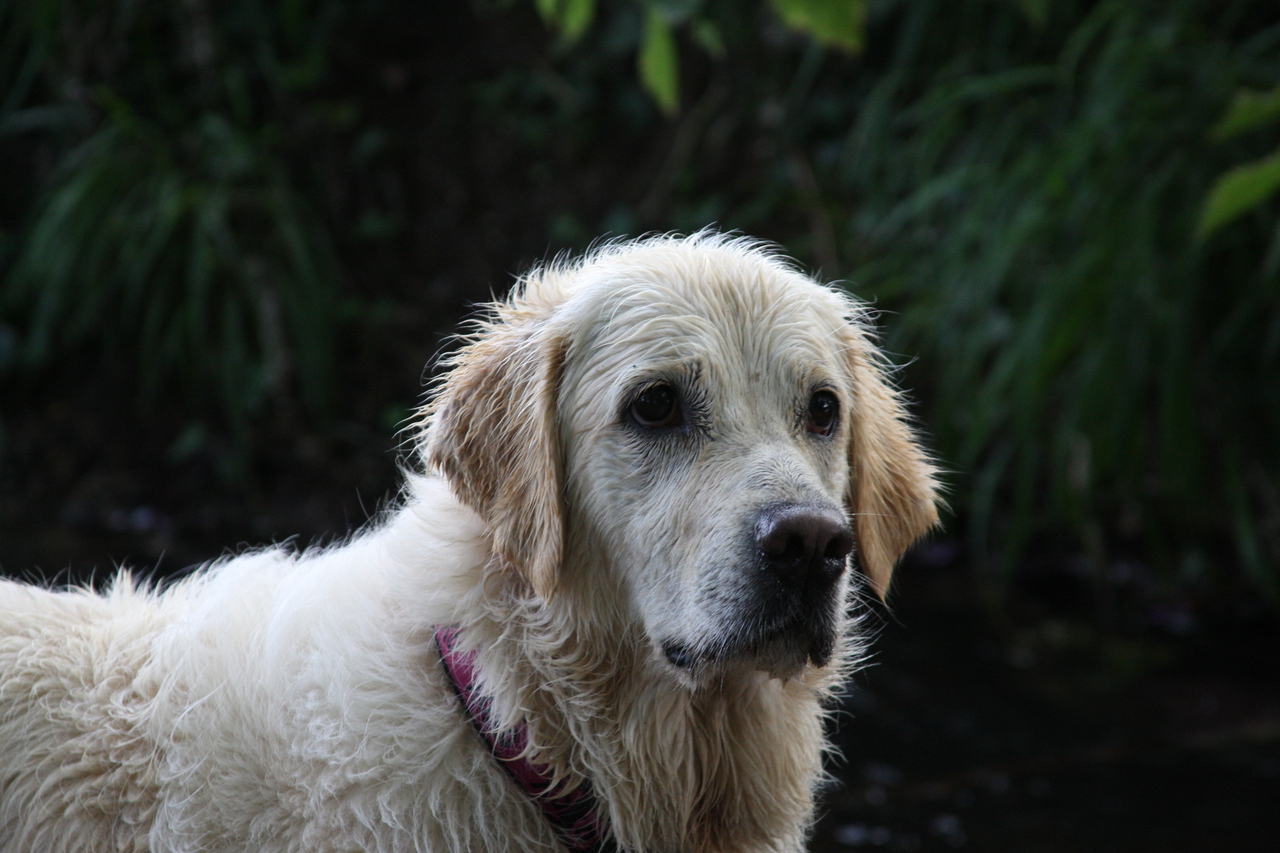
WHAT’S LOVE GOT TO DO WITH IT?
There was a simple catalyst behind my decision to write a story; my
granddaughter had to be treated equally to her older brother. I guess what
might be more apparent now is the motivation for creating ‘Thank you, Ellie’ and
writing it like I did? Clearly, that was generated by a strong affection for
all dogs and a deep love for some cherished companions.
I am fascinated by the fact that of all the species we cohabit with,
dogs occupy such a special place in our lives. Did that situation really come
about just because a few hungry wolves felt brave enough to approach campfires
thousands of years ago? We now have working dogs, assistance dogs, dogs who
detect drugs and explosives, dogs who can identify illness and disease, therapy
dogs providing company and solace and, not forgetting, fun-loving, playful
companions who brighten up our days. It seems incredible that such an
extensive portfolio began with an act of chance all those years ago? If that is
the case, let’s not forget who took the initiative. Maybe, fueled by the aroma
of cooked meat, it was a canine instinct which recognised that a unique bond
could be forged with humans.
Once, I witnessed the human/canine communion in a very personal
situation. My dad died suddenly and tragically on my mum’s birthday.
Immediately afterwards, we put aside our grief and sorrow to support her. We
didn’t have a dog at the time, but we were caring for one who belonged to some
friends who were away on holiday. She was a Retriever/German Shepherd cross
called Jess; beautiful and sweet-natured. A few days after my dad’s death, we
took her with us on one of our daily visits to my parent’s house. From the
moment we arrived, Jess took up station next to my mum, who sat gently
caressing the fur at the base of Jess’s head while we chatted. When it came to
dogs, my mum was quite ‘take it or leave it’ and hadn’t met Jess previously.
But, the flow of empathy and solidarity was clear to see, one creature sensing
the pain of another and trying to help.
Scientists believe that our relationship with dogs has evolved over at
least 10,000 years. But is it right to describe it as ‘love’? Some people can’t
stand dogs, but while feeling less hostile, many others just can’t see what all
the fuss is about! A small-scale study in Japan in 2015 examined the bond
empirically. Owners gazed into their dogs’ eyes for half an hour. It must have
been primarily one-way, as I don’t think any dog would feel comfortable holding
eye contact for that long. However, there would definitely have been moments of
mutual and simultaneous gazing in that shared thirty minutes. Urine samples
taken from both owners and dogs before and after the event revealed an increase
in oxytocin, often referred to as the love hormone. In the humans, the
elevation was quite dramatic.
Plenty of other scientific research has sought to understand the
potential of HAB (Human-Animal Bonding) with particular reference to dogs. It
seems generally accepted that a powerful placebo effect is created, and the
human partner in the bond believes they are receiving psychological and
emotional benefits. In the second instalment of this blog, ‘Meet Ellie’, I
described how we opened up our whole selves to her, and maybe that’s the secret
to any successful relationship; commitment. If you give it and get it back in
equal measure, it will surely feel like love.
Post Views : 201